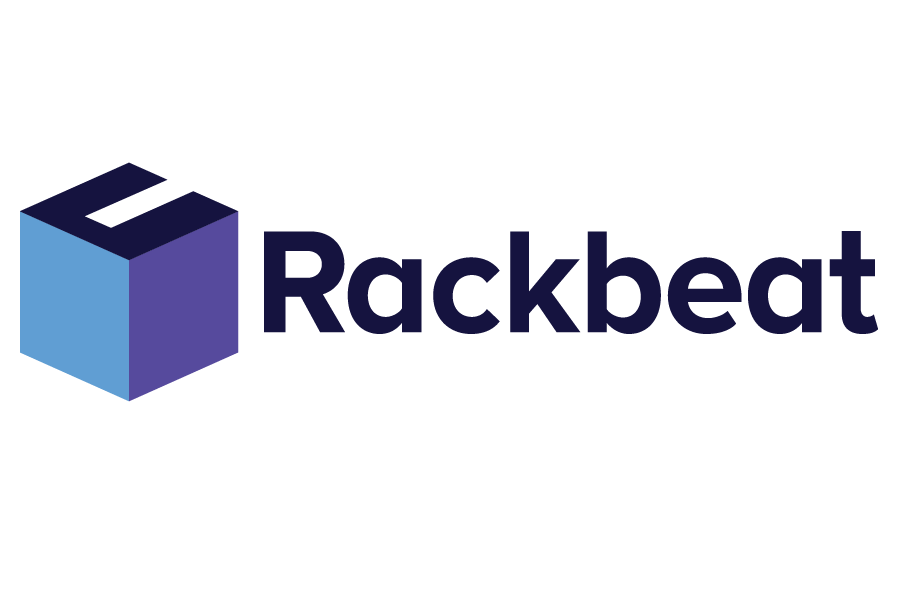Task Management
"Task management" is the process where a business organizes, monitors, and manages its various tasks or cases – often from start to finish. A task can refer to a customer inquiry, an order, a specific assignment, or a project that requires follow-up, documentation, and coordination. Task management is therefore about creating structure and oversight around activities so that they are handled efficiently and on time.
Rackbeat November 15, 2024
Why Is Task Management Important?
Task management is an important part of many businesses’ daily operations, especially within the service industry, sales, and project management. It involves all actions and processes needed to ensure that a task is completed with the best possible outcome for the customer or the company. Typically, task management will involve different departments or stakeholders, making it essential to have a good system to keep track of schedules, tasks, communication, and documentation.
With effective task management, businesses can reduce the risk of tasks falling through the cracks and achieve greater transparency in processes. This improves internal communication and ensures that customer needs are met more quickly and accurately.
What Is a Task Management System?
A task management system is a software solution that helps businesses digitize and structure their task handling. The system makes it possible to record, track, and manage tasks from start to finish, including assigning tasks, monitoring their status, and storing relevant documentation. Features can include automatic reminders, reporting tools, and options for collaboration across departments.
The advantage of a task management system is that it creates a single platform where all information related to a task is easily accessible to the employees working on it. This creates a smoother and more streamlined workflow, making it easier to handle complex tasks.
Task Management and Inventory Management Systems: Integration and Collaboration
A task management system can play a crucial role when integrated with a warehouse management system (WMS). When tasks relate to orders, project deliveries, or inventory items, the integration between these systems ensures that both inventory status and task information are updated in real-time. For example, items from an order that are processed as a task can automatically reduce stock levels, and changes in inventory can be directly reported to the task management system, so all relevant staff have up-to-date information.
This integration between the two systems creates a more efficient workflow, reduces manual work, and minimizes the risk of errors. By consolidating data in one place, businesses can optimize planning, streamline inventory management, and provide a better service experience, as they always have control over both inventory and the status of each task.
Industries That Typically Use Task Management
Task management is widely used across many industries where handling complex processes, customer cases, or projects is a key part of daily operations. Some of the industries where task management is typically used include:
- Service and Consultancy Sector: Law firms, accounting firms, and consultancy businesses use task management to organize client and project cases, meet deadlines, and store documentation.
- Construction and Engineering: For coordinating large projects with multiple suppliers, subcontractors, and schedules.
- Retail and Wholesale: For handling large orders, complaints, and returns.
- Public Sector: For managing citizen inquiries, applications, and other complex processes.
Task Management for Tradespeople
Tradespeople are one of the sectors that often greatly benefit from task management. It is used to provide an overview of projects, plan work tasks, meet deadlines, and manage material usage. A task management system allows tradespeople to record time spent, materials used, and customer communication – all in one place.
When task management is integrated with an inventory management system, tradespeople can automatically draw materials from stock and update inventory levels when used in a project. This ensures that stock levels are always accurate and simplifies invoicing and follow-ups with customers. Task management makes it easier for tradespeople to provide an efficient and transparent service while focusing on their core tasks.
Rackbeat in Collaboration with Ordrestyring
At Rackbeat, we collaborate with Ordrestyring to offer an integrated solution that connects inventory management and task management. Ordrestyring is a task management system that makes it easy for tradespeople and service companies to plan and manage tasks, projects, and resources. By integrating Rackbeat’s inventory management with Ordrestyring, you can automatically draw materials from inventory, update stock levels in real-time, and ensure that all tasks are updated with the necessary items and resources. Read more about the integration here.



